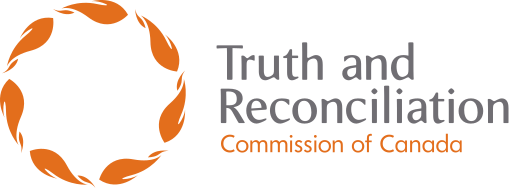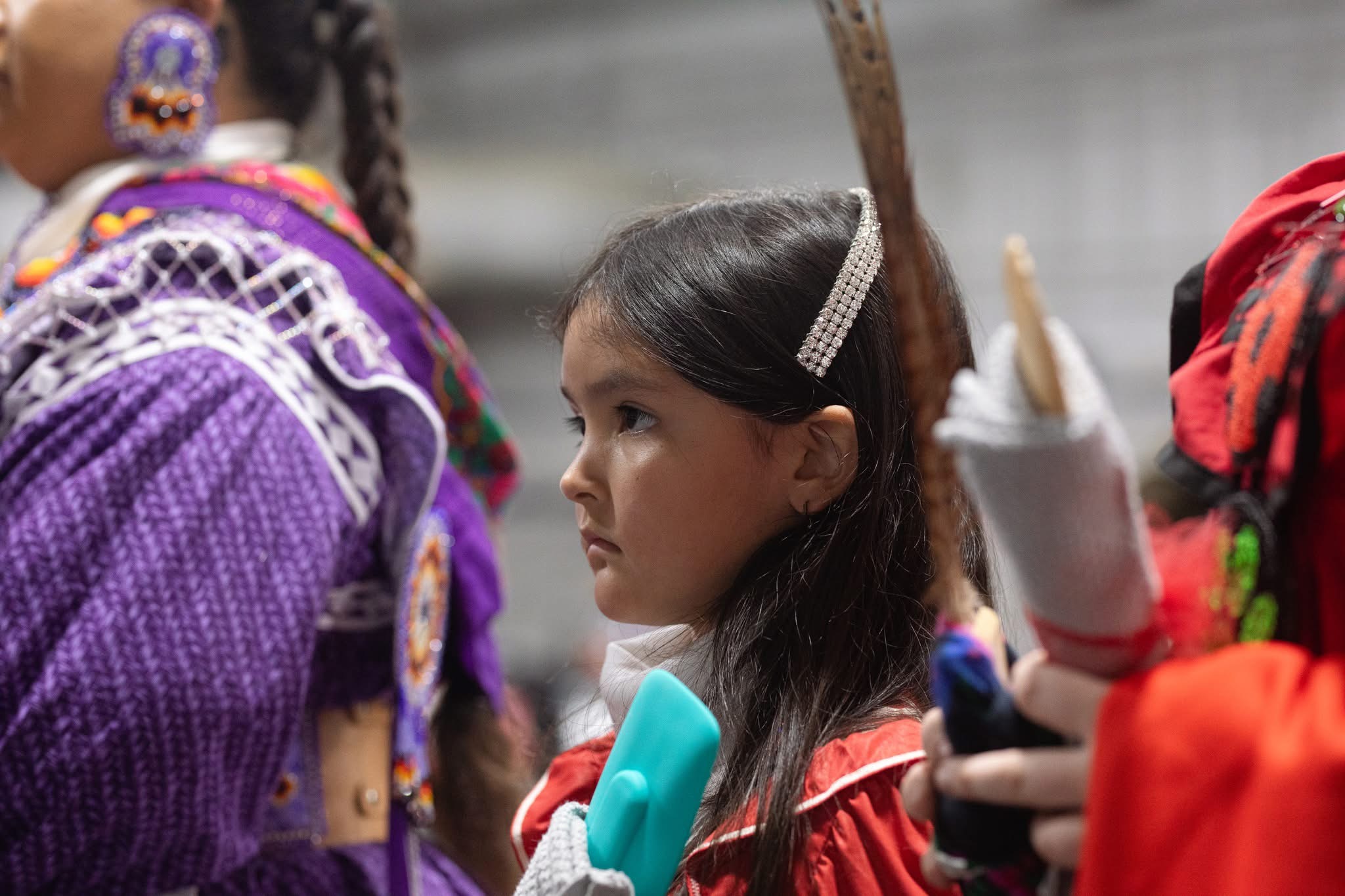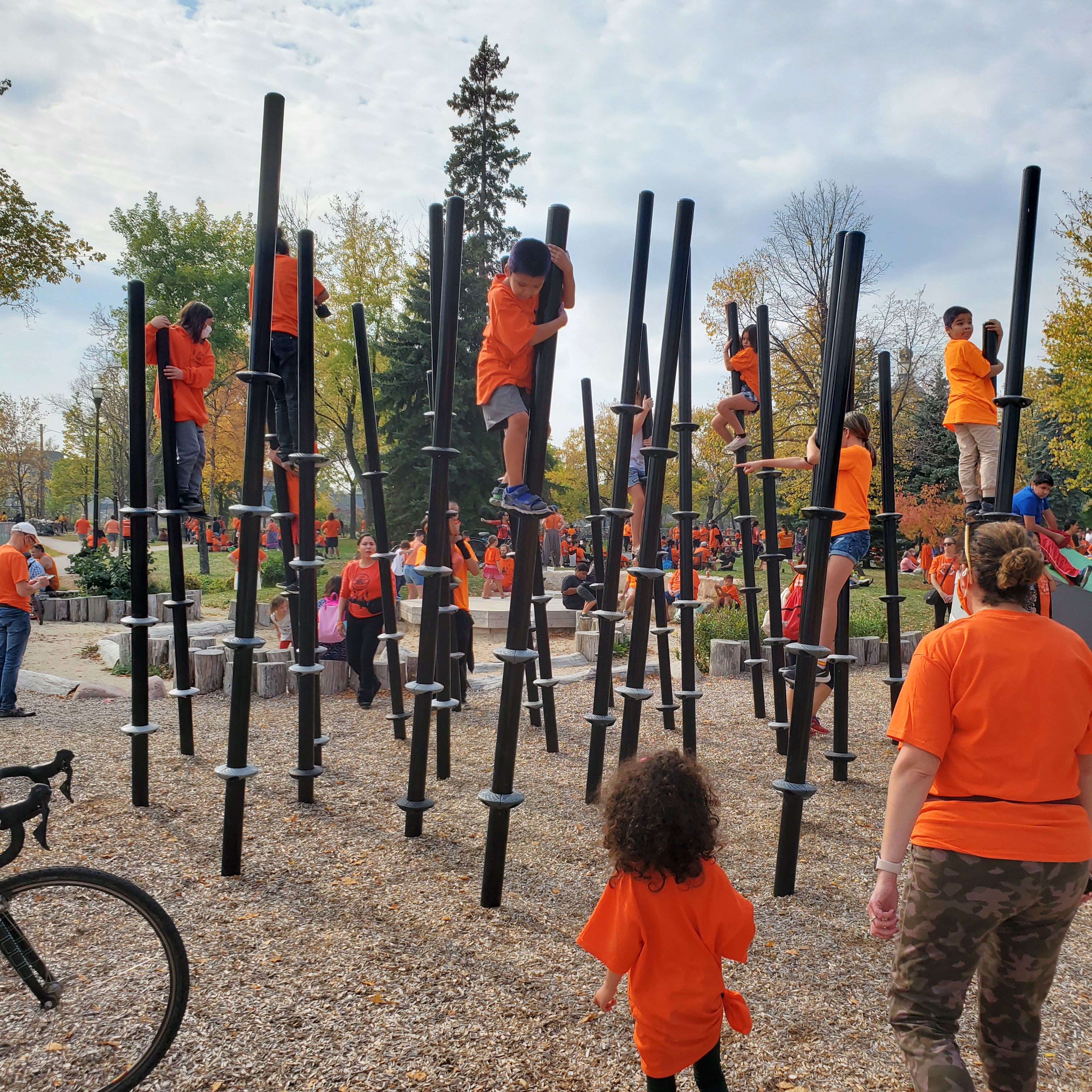Reclaiming Indigenous Names: A Path for Sixties Scoop Survivors
FIRST PERMANENT BOARD OF DIRECTORS – UPDATE
Presenting our first permanent Board of Directors:
Throughout 2020, based on the recommendations in the Sixties Scoop Healing Foundation Survivor Engagement Report, we recruited the first permanent Survivor-led Board of Directors for the Sixties Scoop Healing Foundation. Our first official Board of Directors represent compassion, strength, unity and healing.
Throughout 2020, based on the recommendations in the Sixties Scoop Healing Foundation Survivor Engagement Report, we recruited the first permanent Survivor-led Board of Directors for the Sixties Scoop Healing Foundation. Our first official Board of Directors represent compassion, strength, unity and healing.
November 12, 2020 Virtual Event
Official Launch of the Sixties Scoop Healing Foundation and Board of Directors Announcement. Captions in French and English will be provided in the future, but for now, the video is available for viewing in its entirety.
Official Launch of the Sixties Scoop Healing Foundation and Board of Directors Announcement. Captions in French and English will be provided in the future, but for now, the video is available for viewing in its entirety.
Carolyn Bennett
Minister of Crown-Indigenous Relations
Minister Bennett shares remarks on the new permanent Board Members of the Sixties Scoop Healing Foundation and their vital work to address the legacy of the Sixties Scoop.
Minister of Crown-Indigenous Relations
Minister Bennett shares remarks on the new permanent Board Members of the Sixties Scoop Healing Foundation and their vital work to address the legacy of the Sixties Scoop.
Ontario Akwasane, September 16, 2025
For many Sixties Scoop Survivors, being taken from family, culture, and community also meant losing Indigenous names and identities. Reclaiming those names is an important step toward healing, self-determination, and restoring what was taken. In Canada, Survivors now have the opportunity to reclaim their Indigenous names on official identification documents through Immigration, Refugees, and Citizenship Canada (IRCC). This initiative recognizes the deep harm caused by colonial policies and supports Indigenous peoples in carrying their true names proudly and officially.

What This Means for Survivors
Sixties Scoop Survivors and their families can apply to change the name on their identity documents—including permanent resident cards, citizenship certificates, passports, and other official records—to reflect their traditional or Indigenous name. Importantly, IRCC is waiving fees for these changes when they are linked to reclaiming an Indigenous name. This means Survivors can take this step without worrying about financial barriers. This process is a response to the Truth and Reconciliation Commission's Calls to Action, specifically Call to Action 17.

How to Apply
Visit IRCC’s official webpage: Survivors can find full details and instructions on the Government of Canada’s site: Reclaiming Indigenous names on IRCC identity documents.
Choose the document(s)you wish to update: This could include your citizenship certificate, passport, or other identity papers.
Prepare your application: Complete the forms provided by IRCC. In most cases, proof of your Indigenous name (for example, a letter from a community or Elder) may be required.
Submit without fees: All application fees related to reclaiming an Indigenous name are waived.
Visit IRCC’s official webpage: Survivors can find full details and instructions on the Government of Canada’s site: Reclaiming Indigenous names on IRCC identity documents.
Choose the document(s)you wish to update: This could include your citizenship certificate, passport, or other identity papers.
Prepare your application: Complete the forms provided by IRCC. In most cases, proof of your Indigenous name (for example, a letter from a community or Elder) may be required.
Submit without fees: All application fees related to reclaiming an Indigenous name are waived.

Why It Matters
Names hold spirit, history, and connection. For Survivors, reclaiming an Indigenous name is more than an administrative process—it is an act of healing and reclamation. It allows Survivors to carry forward their identity in everyday life, from travel to work to community gatherings, with dignity and pride.

This process is one way that Survivors can strengthen their reconnection to culture, family, and community, while also ensuring that the next generations see and carry those names forward.
Support Along the Way
The National Sixties Scoop Healing Foundation encourages Survivors to consider this opportunity as part of their personal healing journey. While the Foundation is not directly involved in processing applications, we stand with Survivors who choose to reclaim their Indigenous names and identities.
For more details or to begin the application, visit the Government of Canada’s official page:
Reclaiming Indigenous names on IRCC identity documents https://www.canada.ca/en/immigration-refugees-citizenship/news/2021/06/reclaiming-indigenous-names-on-immigration-refugees-and-citizenship-canada-identity-documents.html
All federal application fees for name changes on IRCC documents are waived until May 30, 2026
Support Along the Way
The National Sixties Scoop Healing Foundation encourages Survivors to consider this opportunity as part of their personal healing journey. While the Foundation is not directly involved in processing applications, we stand with Survivors who choose to reclaim their Indigenous names and identities.
For more details or to begin the application, visit the Government of Canada’s official page:
Reclaiming Indigenous names on IRCC identity documents https://www.canada.ca/en/immigration-refugees-citizenship/news/2021/06/reclaiming-indigenous-names-on-immigration-refugees-and-citizenship-canada-identity-documents.html
All federal application fees for name changes on IRCC documents are waived until May 30, 2026

Carrying our true names is carrying our history. For Survivors, this is one step of many on the path of healing, reclamation, and strength.
Carrying our true names is carrying our history. For Survivors, this is one step of many on the path of healing, reclamation, and strength.
.png)